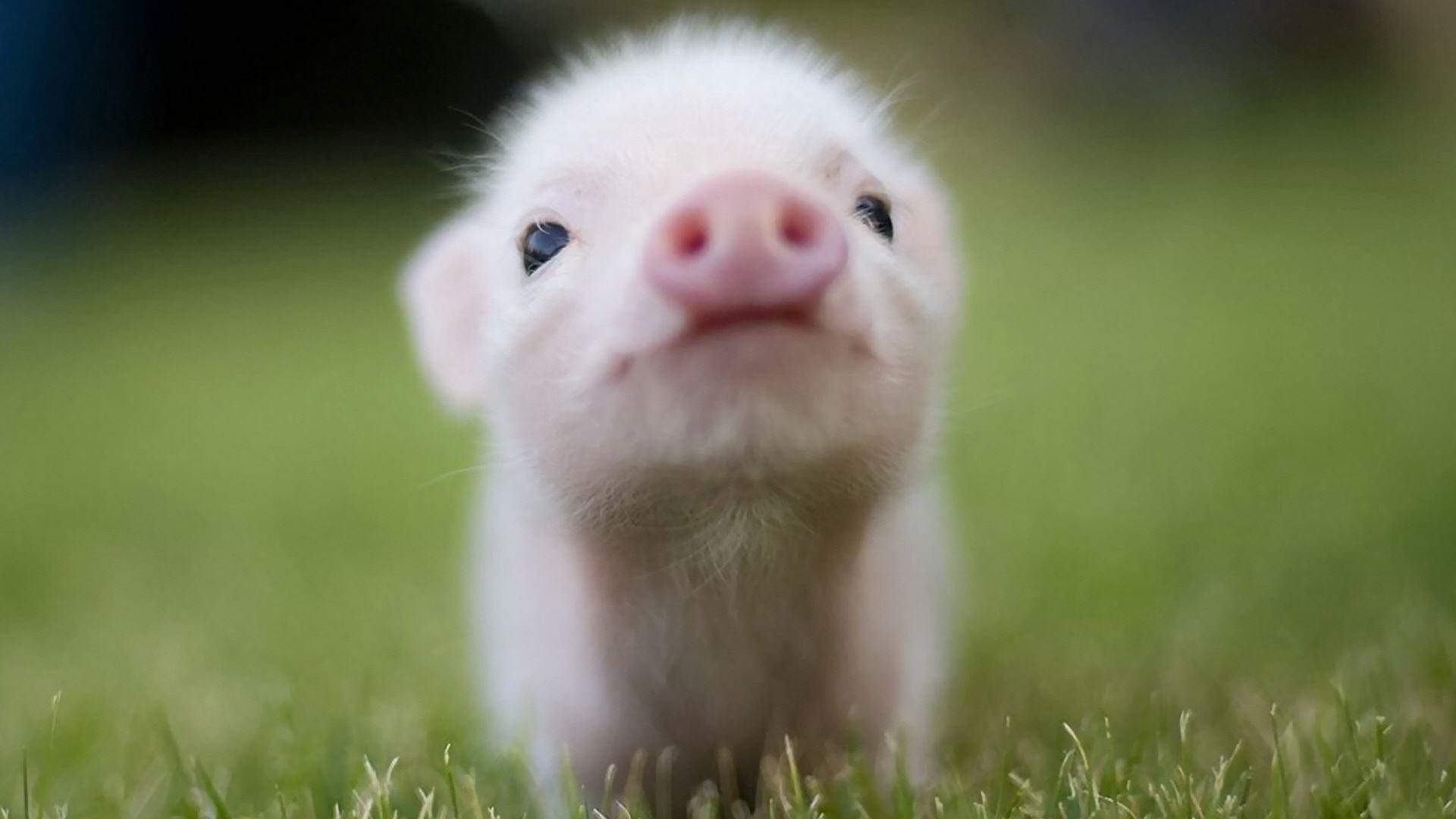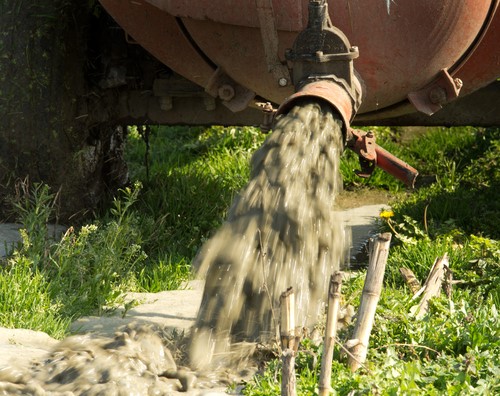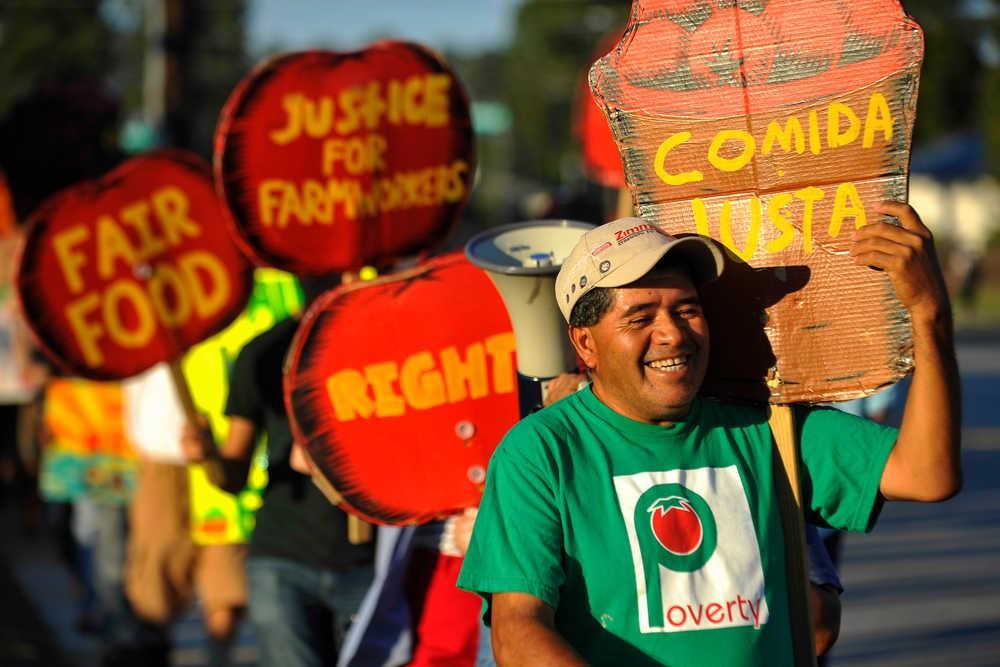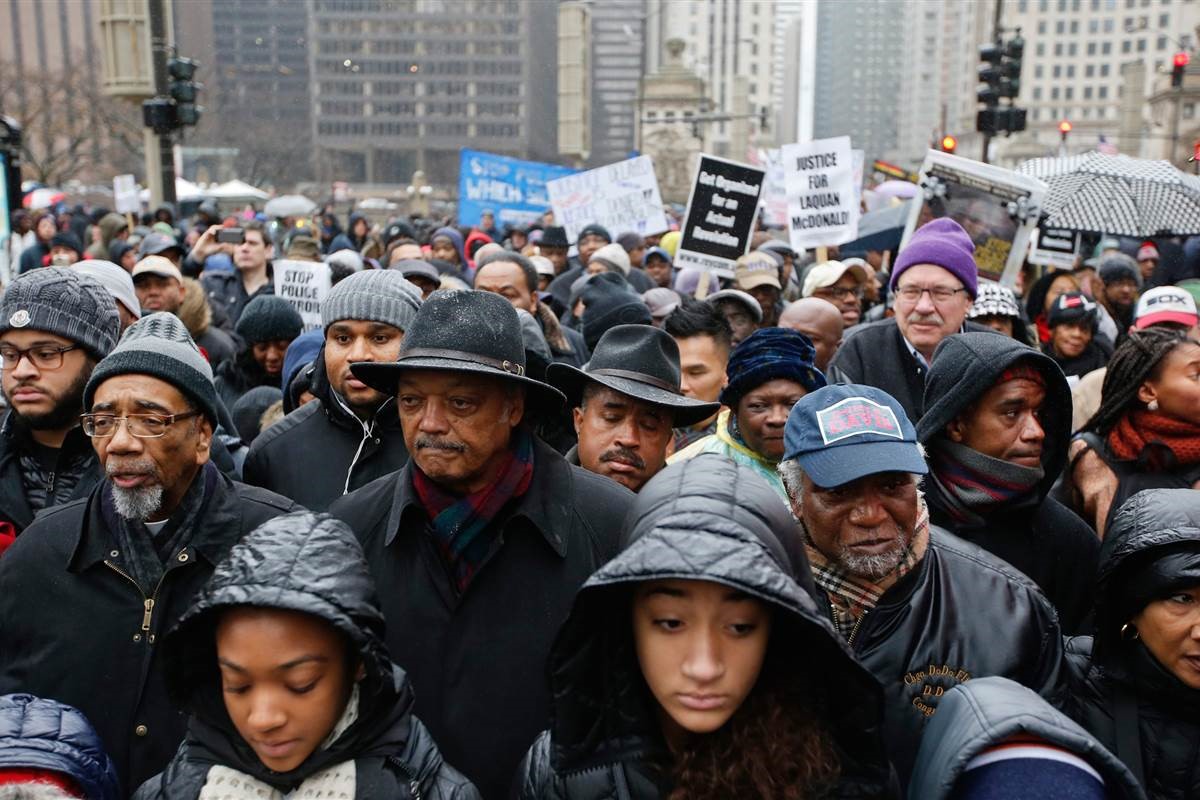If you’re a vegetarian or vegan, all this fuss about meat regulations may seem like a bunch of hogwash. “Just don’t eat meat!” you might think, or “What’s in pork isn’t that big of a deal to me!” It’s time to start thinking otherwise. Here are four reasons why vegans and vegetarians should care about what’s in pork.
1. Pigs are getting hurt

We know everyone loves animals. They’re cute, they’re cuddly, they don’t care if you’ve had a bad day and just want to watch re-runs of Supernatural all night. That’s why we hate when animals get hurt. Obviously, pigs headed for slaughter are destined to die, but that doesn’t mean they have to needlessly suffer. Trump’s new pork regulations make pork plants harmfully fast, which means more mistakes and more painfully injured pigs (think boiled alive)! If you’re an animal lover—and we know you are—slower slaughter speeds mean less cruelty.
2. Loose regulations harm ecosystems

Increased slaughter means more waste. That means even more pollution. As you can imagine, the corporations that don’t care about hurting animals sure don’t care if they’re destroying the earth! Increased pork production means huge fields of pig excrement. Those lagoons are full of chemicals, antibiotics, and other gross compounds. Sometimes these poop barriers break, causing chemical waste to spill onto people’s property and into their water supply. Not only is it disgusting, it also can harm the environment and drinking water for years afterward.
3. Pork deregulation affects immigrants

One thing on everyone’s mind is the plight of immigrant workers. High-speed pork processing is work primarily shouldered by immigrant populations, and it’s dangerous business. Amid bigotry and public outcry for their deportation, immigrant workers do backbreaking work at unconscionably low wages. Repetitive motions in production result in chronic workplace injuries. Line workers denied restroom breaks are forced to wear diapers. They risk termination, or in some cases deportation, if they speak up for themselves or food safety. We can do better!
4. It also hurts people of color

There are a disproportionate number of high-speed plants in the rural south. With the knowledge of how intersectionality affects people’s rights differently, it’s no wonder that deregulation also affects people of color (POC) more. In addition to the many challenges and disadvantages that POC face, big companies pile on disease and pig stench, too. In a study of concentrated animal feeding operations (CAFOs) in North Carolina, investigators found that POC generally endured more of the economic and environmental burden of factory farming. In some cases, the rural poor (often POC) end up with a factory farm next to their houses. Pig CAFOs then literally spray pig waste to “fertilize” their land. This cloud of pig poop chokes neighborhoods and ruins the health of residents and communities. Poor neighborhoods get a crappy deal!
Maxwell Black is an undergraduate at Harvard and a former intern at the Food Integrity Campaign.